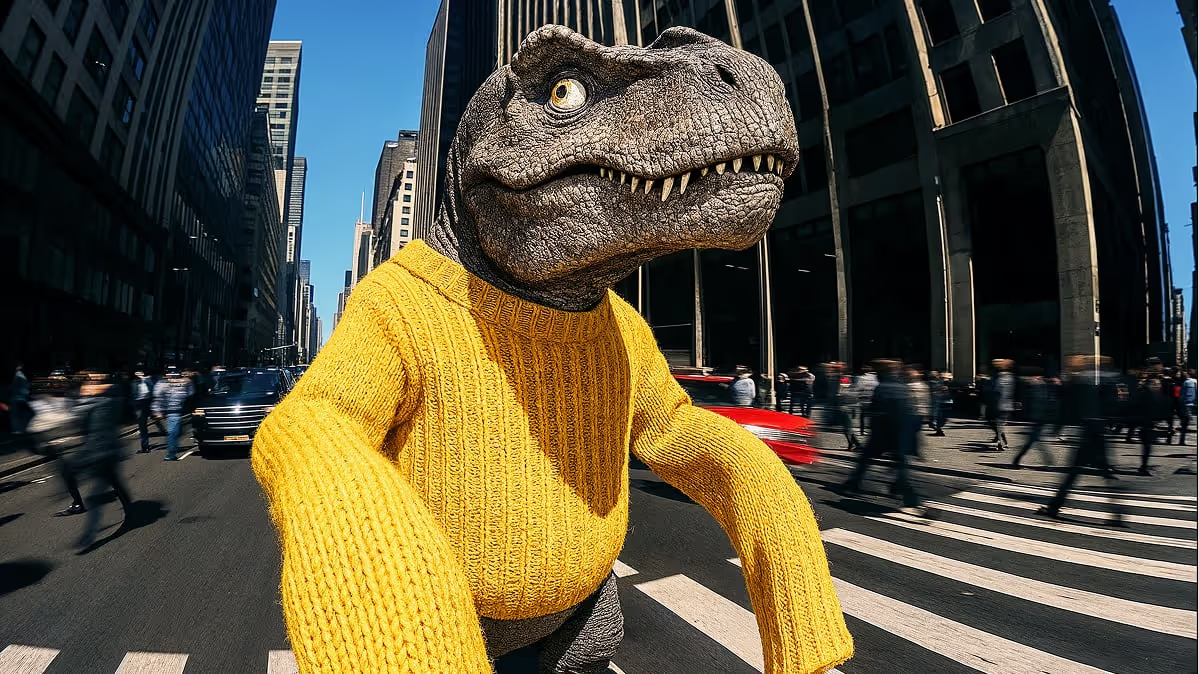
Parasocial Profit: The Unethical Underbelly of Affiliate Marketing

For creators, there's no school, no roadmap, just the obvious reaction when an opportunity presents itself — you gotta grab that cash.
The problem is, sometimes, that it can be a deal with the devil.
Ever heard of affiliate marketing?
If you haven't, you've experienced some side of it. From YouTube videos, Instagram bios, and coupon extensions, it's the banshee of commerce floating around the social media void, promising "passive income" and "deals". Really, it can be a murky system built on manipulation, misrepresentation, and money changing hands in ways most people don't see.
Take the case of beauty influencer Mikayla Nogueira, who sparked the infamous "mascaragate" controversy when she allegedly wore false lashes while promoting L'Oréal's Telescopic Lift mascara through a paid partnership. The nerve!
The backlash was immediate, with millions calling out the deception: a perfect illustration of how affiliate deals can pressure creators into exaggerating product claims, eroding their platforms' trust.
When your livelihood depends on commission, authenticity becomes a luxury few can afford.


From the Dept of This is Probably Sketchy
The deception runs deeper than individual scandals.
Research by MediaKix found that only 26% of influencers fully comply with proper disclosure requirements when posting sponsored content or affiliate links. Woof. That’s not a lot.
Even more concerning, a Princeton University study revealed that approximately 57% of YouTube videos and 87% of Instagram posts containing affiliate links failed to adequately disclose the creator's financial relationship with brands as required by FTC guidelines.
These aren't isolated incidents — they're the norm in an industry that blurs the lines between authentic content and paid promotion.
The setup is straightforward: A creator gets a cut when you click through and buy something from one of their special links. But the issue is that while you think what your favorite gamer is selling is something they believe in, it's usually absolute garbage. And that trash is just a product willing to give them a bigger percentage for you thinking, "Oh, they'd wear this all-over banana print one piece swimsuit," and then you realize after you get it (and you look like Borat on meth), no they would not wear it.
One of the most significant issues is that disclosure is spotty at best, and platforms aren't racing to fix the issue because, like the casino of clicks and likes, it's all engagement for them. As EnactSoft puts it, "Ethical affiliate marketing isn't just good practice — it's necessary. When affiliates are transparent and compliant, they protect not only their credibility, but also the trust of their audience."
It's a nice sentiment, but one rarely lived up to.
The Grift in Plain Sight: Misleading Content, Inflated Hype
Affiliate marketing has dropped an atomic bomb of questionable content disguised as trustworthy advice. Fake reviews and thinly veiled promotions have become the norm, with creators incentivized to push whatever crap offers the biggest commission, regardless of quality or safety. (What's this? Bag-O-Glass? Perfect for the kids!)
High-commission traps abound: TikTokers hyping "miracle" mushroom coffee blends that promise mental clarity but come with no medical backing — and usually, no, always taste like dookie. Influencers push unregulated crypto exchanges like FTX until their collapse (or do a rug pull like everybody’s favorite Hawk Tuah girl).
According to industry data from Awin, while the global affiliate marketing industry generates approximately $12 billion annually, over 75% of that revenue goes to just 10% of affiliates, creating a winner-takes-all economy.
YouTubers link to dropshipping stores that resell $2 AliExpress gadgets as $40 lifestyle upgrades; everything is fine! Entire "review" sites, like the endless parade of "best VPN" listicles, exist solely to funnel clicks into affiliate payouts, blurring the line between recommendation and sales pitch.
In wellness, weight-loss gummies and gut-health powders get pushed with little more than anecdotal evidence. At the same time, personal finance creators regularly steer followers toward risky apps like Robinhood or Celsius, mostly without disclosing their financial stake in the hustle.
The result is an online economy where credibility comes second to conversion rates.
The Honey Trap: How a 'Coupon Tool' Became an Affiliate Powerhouse


Honey. Ugh.
It looks like a helpful tool that finds coupon codes and saves you money at checkout. But behind the scenes, Honey inserts its affiliate codes into your purchase, earning a commission every time you buy, often without you realizing it.
The "deals" it finds are usually expired or ineffective, but it doesn't matter; they still get paid. Here's where it gets layered: influencers and creators also get paid to promote Honey. So when you click their link and install the extension, they earn a referral fee. Then, when you shop, Honey earns its cut.
One link, two commissions — none of it necessarily benefiting the consumer.
In some cases, the "deals" Honey applies aren't even the best ones available; they just serve to trigger the affiliate payout. It's a system designed to extract value at every step, where the platform, the extension, and the promoter all get paid, while you save a few cents and unknowingly fuel the machine.
So you're clicking away thinking those new Vans you wanted were discounted when all you did was sign up for a predatory email list, and now someone is sending you spam about election fraud from China.
A 2022 consumer survey by the Affiliate Marketing Transparency Report revealed that 71% of consumers were unaware they clicked on affiliate links when following product recommendations from creators they trust. Seems legit. Honey is pitched as a benevolent consumer tool, but it's a profit engine, now owned by PayPal ($4B acquisition).
Who Really Benefits — and Who Doesn't
You'll get paid if you're Mr. Beast because Jimmy Beast knows how to make a buck. The same goes for the cringe-master Paul Brothers and their Pokémon chains.
Everyone else? Fart noise.
The shadowy infrastructure of affiliate marketing creates a triple-bind that corrupts the entire ecosystem: consumers find themselves manipulated by overhyped products until trust inevitably collapses like a building hit by a Godzilla fight, small creators face the brutal calculus of compromising authenticity or falling behind financially, and through it all, the real winners are the intermediary platforms like Honey and ShopStyle that quietly extract commissions from every transaction regardless of product quality or consumer outcomes.
While creators agonize over maintaining credibility and shoppers navigate increasingly blurred promotional content, these affiliate clearinghouses operate with algorithmic indifference, profiting equally from successful and disappointing purchases, creating a system where neither honesty nor quality necessarily drives success.
If this sounds more like a pyramid scheme with better UX, that's because it kind of is.
Research published in the Journal of Consumer Psychology found that Gen Z consumers, in particular, feel a deep sense of betrayal when influencers they trust come off as inauthentic or overly controlled by brand partnerships. That betrayal doesn’t just hit the influencer—it spills over onto the brand itself, often leading to total disengagement. So yeah, when trust breaks, it’s not just bad vibes—it’s bad business.
As Dr. Maya Rodriguez, an ethics researcher at Stanford, notes, “We're witnessing the commodification of trust at an unprecedented scale. When audiences realize their parasocial relationships are being monetized without transparency, the damage extends beyond individual creators to erode faith in digital communities as a whole.”


Metrics vs. Meaning
“Ter-ree-blay,” an angry Italian man screams into Michaelangelo’s curly-haired head. “ANCORA!” (AGAIN). Could the Sistine Chapel have been completed in a few weeks if Mike wasn’t busy combating the devil on his shoulder?
I mean, his crisis probably came more in the form of metaphorical and metaphysical meaning, not metrics. Potato tomato, right?
While Renaissance masters worried about pleasing God and wealthy patrons, today's creators obsess over likes, shares, and engagement rates.
The devil has simply updated his vocabulary.
Where once he whispered "Your art lacks divine inspiration," he now mocks "Only 2.3% engagement? Pathetic."
The tragedy isn't just that we've replaced spiritual fulfillment with statistical validation, but that we've convinced ourselves these numbers actually mean something.
Michaelangelo never knew how many people stood awestruck before his work each day.
We can't stop checking. Refreshing. Obsessing.
Resistance Fighters
Some creators have turned their relationship with the devil inside out.
Elizabeth Gilbert wrote about creativity as a partnership with external genius rather than personal burden. "I showed up for my part of the job," she said, shifting responsibility away from the crushing weight of self-doubt.
Lizzo broadcasts her vulnerabilities alongside her confidence, refusing to present only polished perfection. Her TikTok practice sessions expose the messy reality behind final performances, essentially telling the devil "Yeah, I see you. So what?"
Donald Glover once admitted he checks online comments to find the harshest criticism, then deliberately incorporates elements of that criticism into his next project. It's like feeding the devil his own tail.
These aren't inspirational poster strategies. They're pragmatic recognitions that the voice never fully disappears.
But perhaps the goal isn't silence — it's changing the conversation.


Open Dialogue (on your shoulders)
The truth is, both voices – angel and devil – serve a purpose.
One pushes us forward. The other keeps us humble. But neither deserves a monopoly on your creative headspace.
Perhaps we've been thinking about imposter syndrome all wrong. It's not a diagnosis to overcome. Not a burden unique to the insecure.
It's just what happens when creative ambition collides with a world hell-bent on quantifying your magic.
So next time that devil starts whispering sweet nothings about caves and inadequacy, don't silence him. Just make sure your angel gets equal airtime.
Then get back to creating whatever the hell you want.


Read on:


All
Artificial Exploitation


All
She Sold her Bathwater, but You Drank it
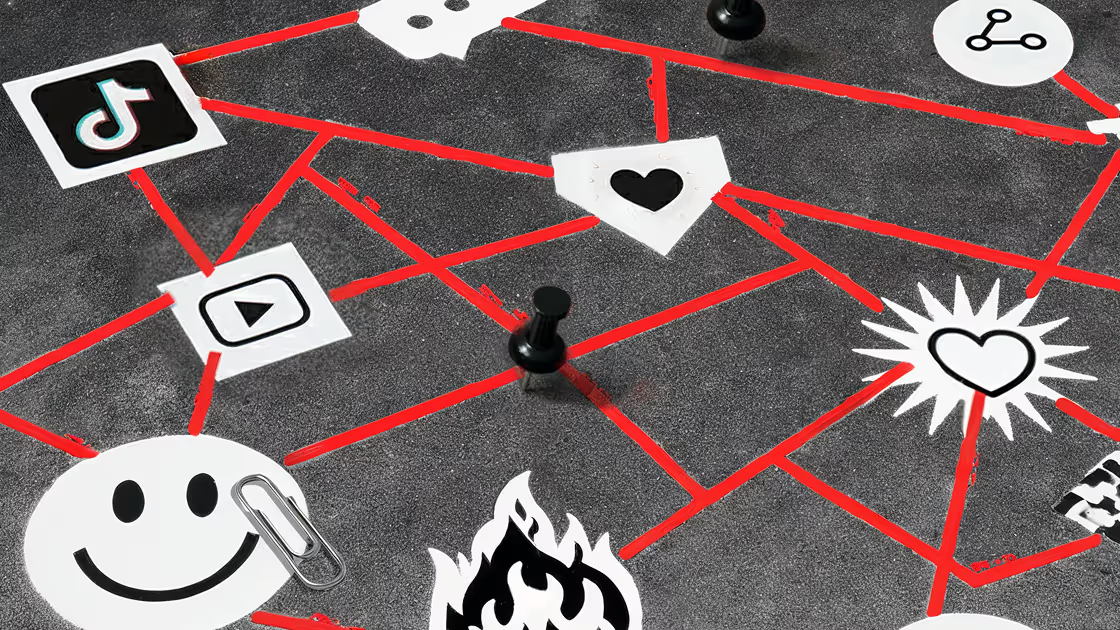

All
CRIMINAL INVESTIGATION REPORT: THE GLEEFUL DEATH OF TRADITIONAL MARKETING
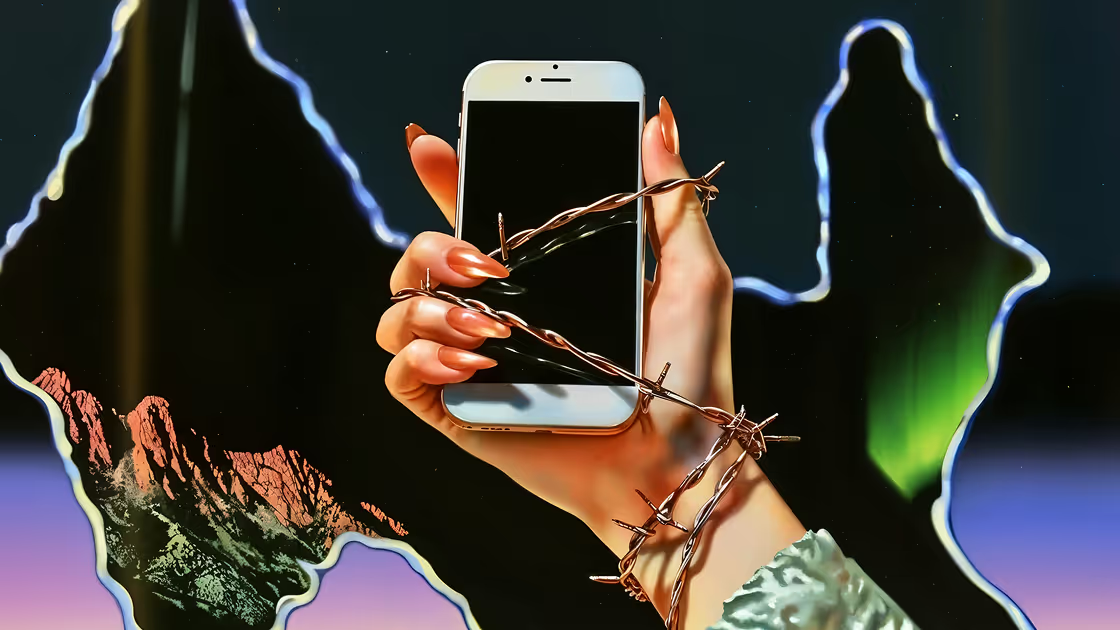

All
Hot Takes, Typos, and Total Chaos: The Secret Tactics Driving Online Engagement
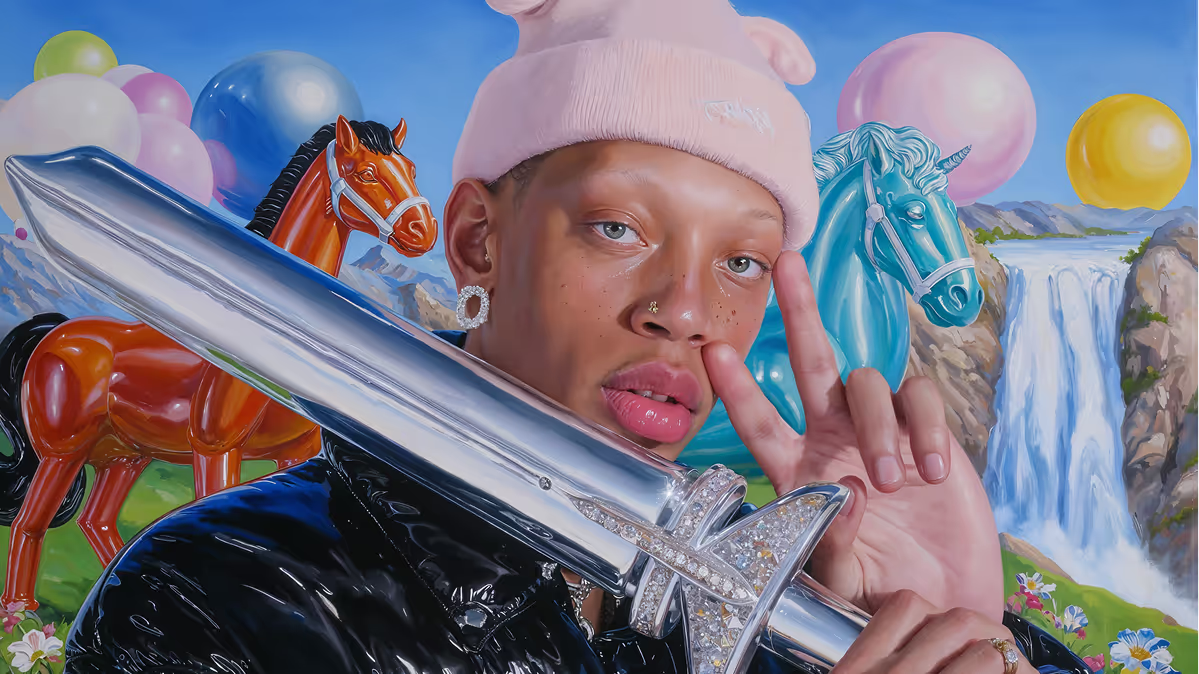

All
THE DEATH MARCH OF HYPERCOLOR BALLOON SWORDS
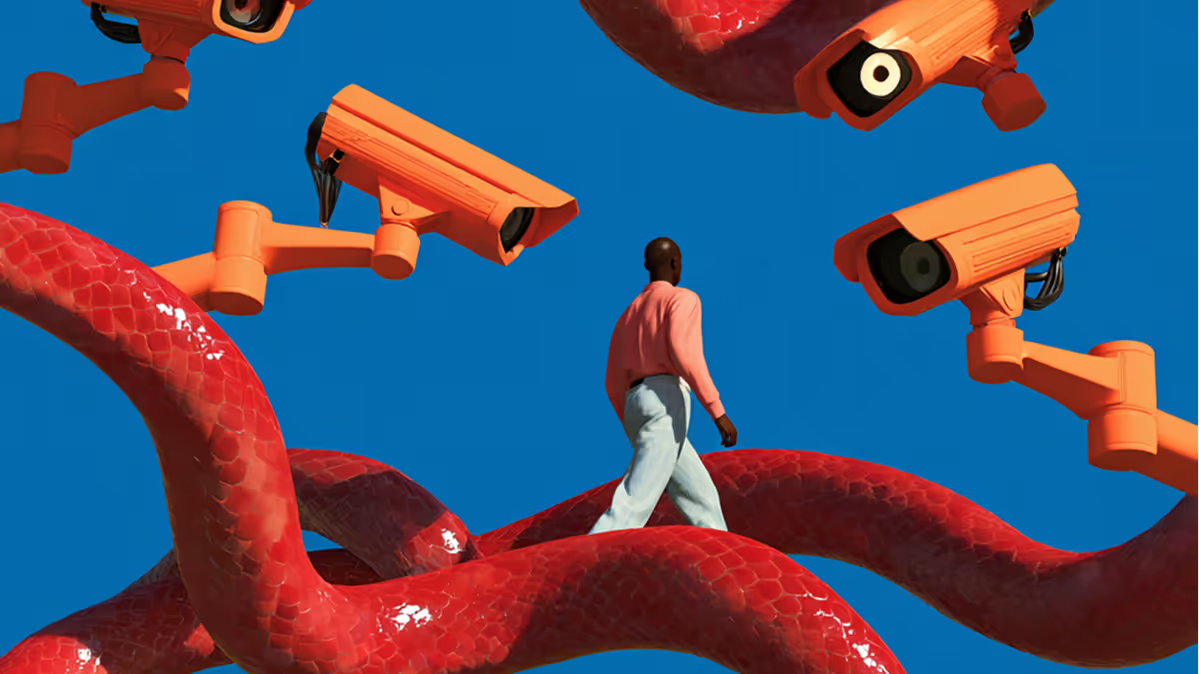

All
“They’re Watching Me”: Gang Stalking, Internet Delusions, & the Modern Mindf*ck
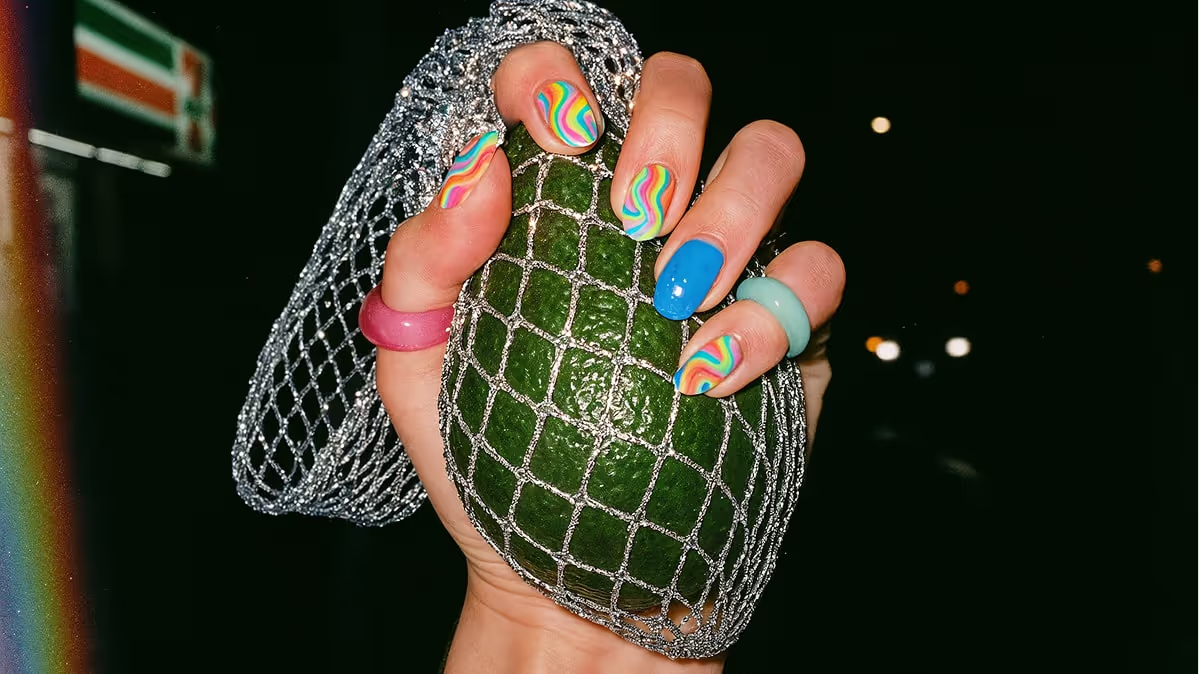

All
The Unripest Avocado: Nicholas Perry and the Dangers of Audience Capture


All
Branded Since Birth


All
How to not be a shitty affiliate seller, a talk with So_Narly


All
Parasocial Profit: The Unethical Underbelly of Affiliate Marketing


All
Stitch Incoming: Annie Stafford, Niche, and the Future of Fashion


All
Step right up!


All
Cooking Up a Social Media Empire


All
Right & Wrong Reasons to Expand


All
Have Influencers Peaked?


All
What’s Your Creator Fortune?


All
Mercy Kill Your Online Persona


All
Still Posting Post-Death


All
Cardboard Pizza: The Deadly Art of Losing Your Social Media Credibility


All
From Mr. Beast to Mr. Least?


All
Robots & Red Lace


All
Parental Discretion (Still) Advised


All
It’s 2024 and — Wait, Email Doesn’t Suck?


All
What’s a like on Instagram ‘worth’ in 2024?


All
A crash course in "crash course"


All
Speed sells: Why it’s important to respond lickety-split
© 2026 Manychat, Inc.
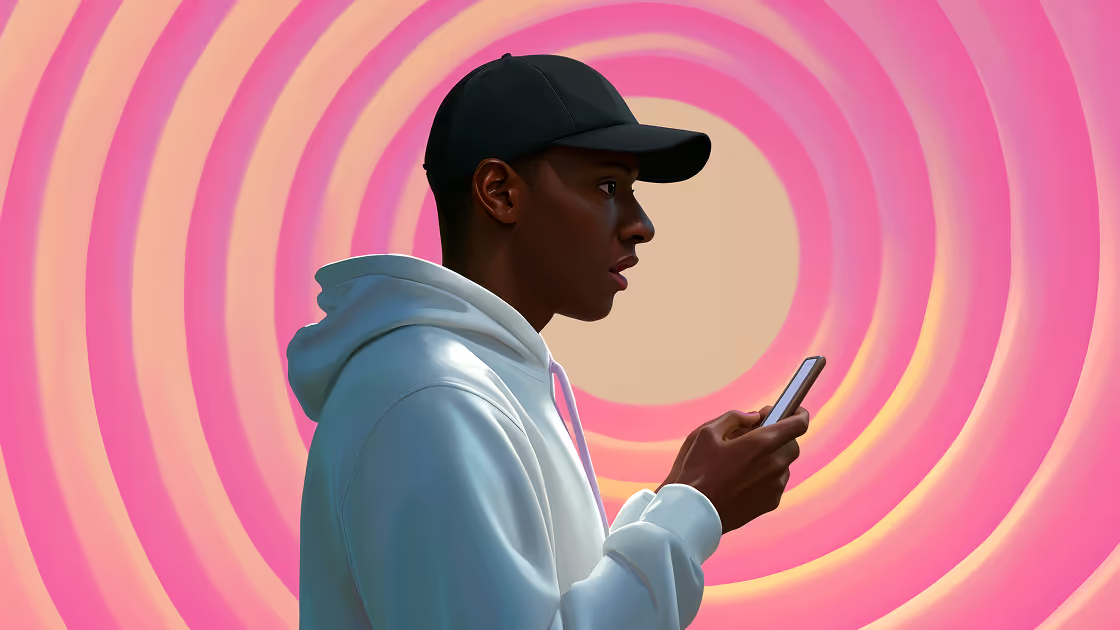


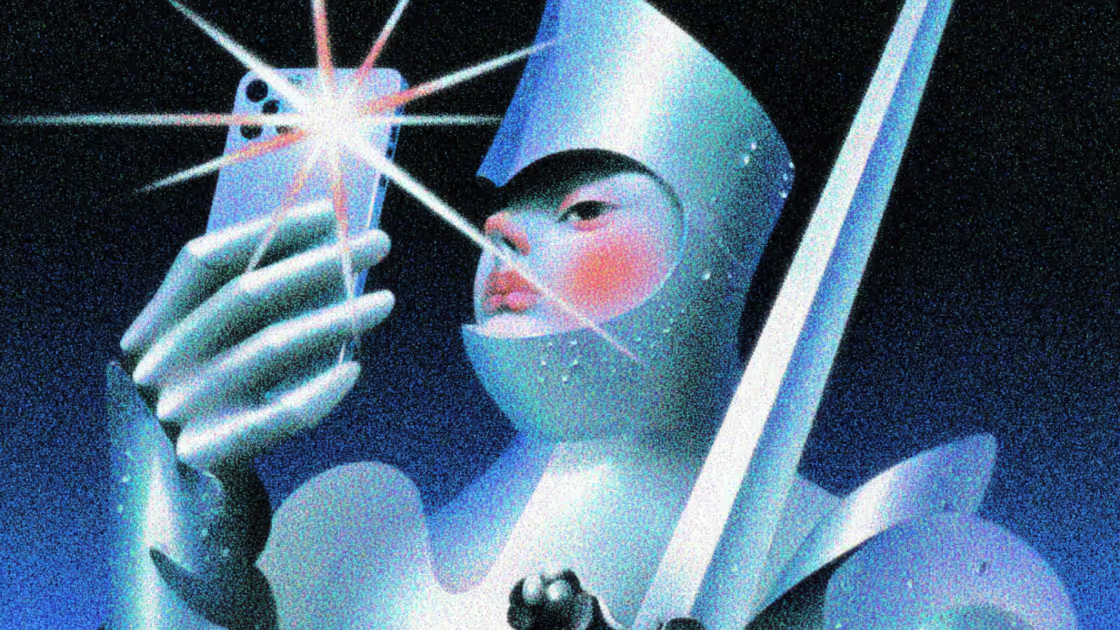
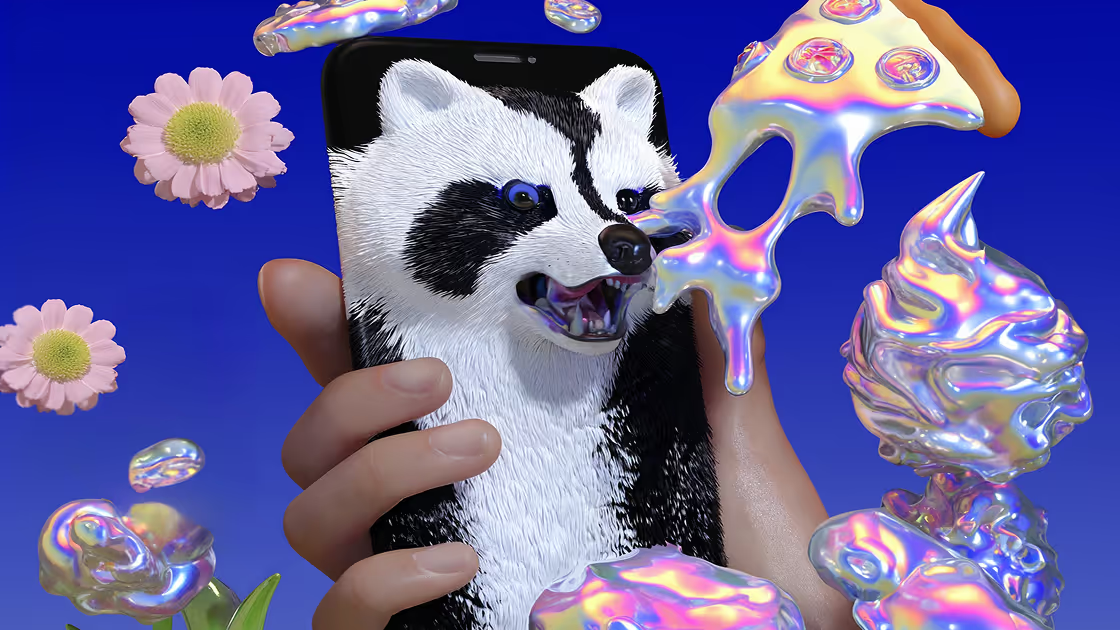
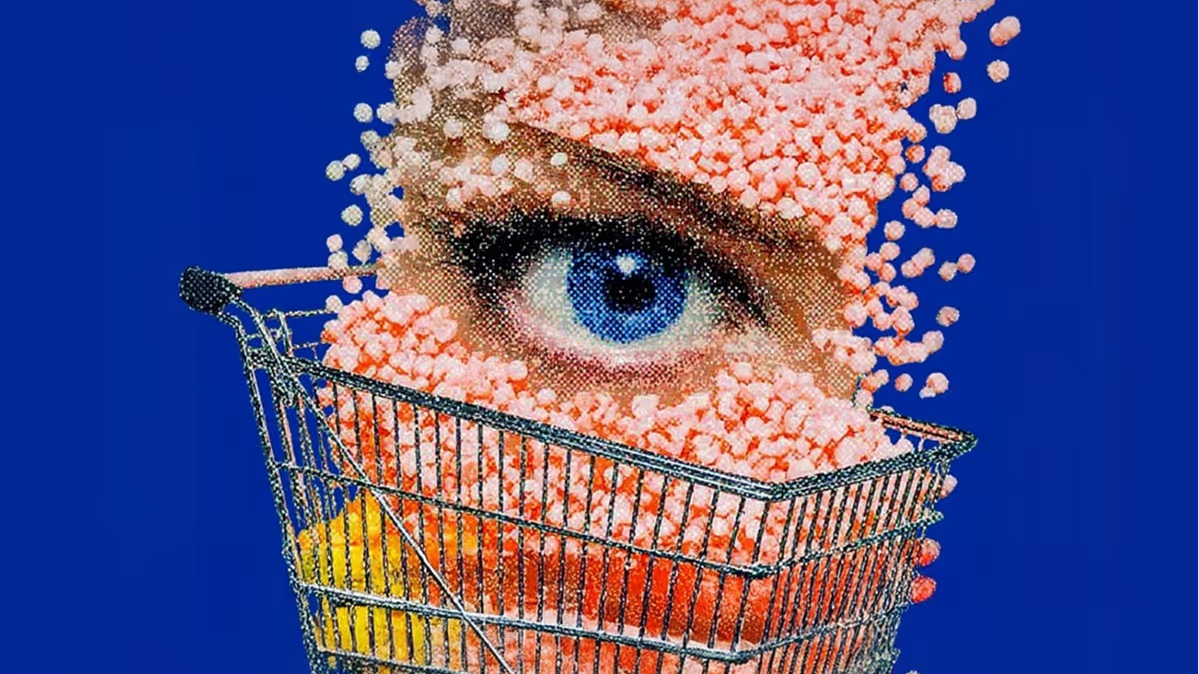
.avif)
